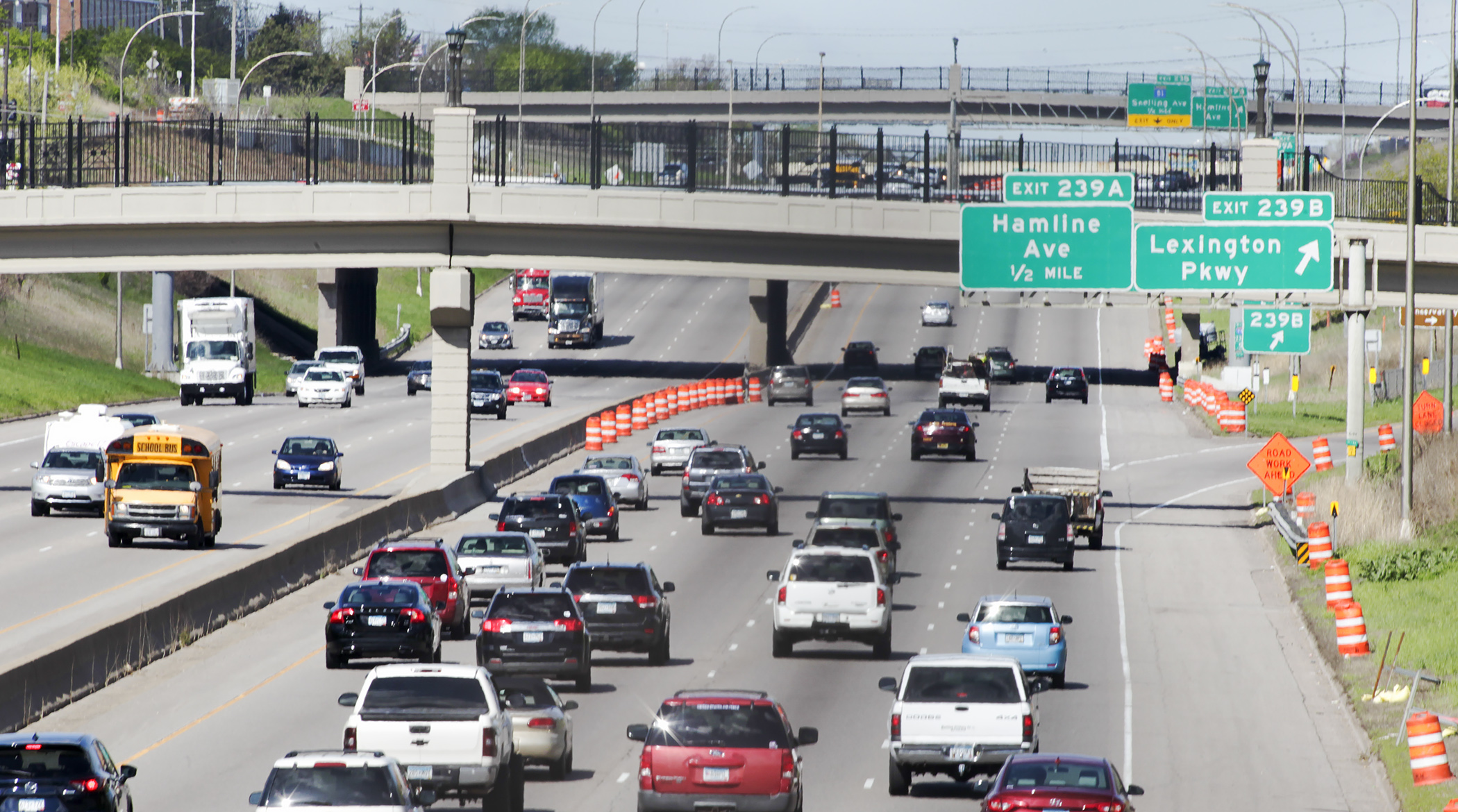Easing entry into ignition interlock program could make MN roads safer, lawmakers say

There were 22,653 DWI arrests in Minnesota last year, but a program advocates say helps address that problem and makes the state’s roads safer by limiting repeat offenders needs to be modified in order to reach its full potential.
The House Transportation Finance and Policy Committee approved a bill Thursday that would provide those changes to the ignition interlock program.
A number of supporters, including representatives from Mothers Against Drunk Driving and the state’s police chiefs, believe HF502, sponsored by Rep. Kelly Moller (DFL-Shoreview), will help curb DWI violations by removing some of the requirements needed to take part in the program.
Members voted 17-0 to approve the bill, as amended, and referred it to the House Public Safety and Criminal Justice Reform Finance and Policy Committee. The companion, SF895, is sponsored by Sen. Ron Latz (DFL-St. Louis Park) and awaits action by the Senate Judiciary and Public Safety Finance and Policy Committee.
“The purpose of the bill is to make our roads safer for Minnesotans through the use of ignition interlock and also removing unnecessary barriers that are currently in place that make our roads less safe,” Moller said.
Ignition interlock is a system installed in a vehicle that allows users to regain their driving privileges provided they blow into a tube that can detect alcohol before, and at random times while, driving. If alcohol is detected initially the car will not start, if it is detected while driving, the system records the violation and notifies authorities.
In a letter to the committee, the Minnesota DWI Task Force said graduates of the ignition interlock program are 39% less likely to reoffend but that there only 10,542 participants in the program because of some requirements necessary to join it.
The bill would remove several of those barriers including eliminating a written test and requiring that new license plates be issued to ignition interlock participants instead of “whiskey plates” which are special license plates that allow law enforcement agencies to identify prior offenders.
Rep. Dave Baker (R-Willmar) said advances in technology have made those plates outdated and they exist now only to shame people who have made a mistake, or others, such as children driving such a vehicle to school. They deter people from entering the program who may choose to drive illegally instead.
“A lot of people look at [the plates] and they instantly come up with a stigma, and I think we’re at a place today where we don’t need to do that,” Baker said. “Interlock has done a lot so that these people can drive safely.”
Another letter of support from representatives of the state’s probation officers reiterated that view, calling the interlock device “the center of gravity towards reducing DWI offenses and changing offender behavior.” It termed the current limited license restrictions “overbearing,” saying they keep many of their clients from participating in ignition interlock, “which ultimately jeopardizes public safety all over again.”
Related Articles
Search Session Daily
Advanced Search OptionsPriority Dailies
Speaker Emerita Melissa Hortman, husband killed in attack
By HPIS Staff House Speaker Emerita Melissa Hortman (DFL-Brooklyn Park) and her husband, Mark, were fatally shot in their home early Saturday morning.
Gov. Tim Walz announced the news dur...
House Speaker Emerita Melissa Hortman (DFL-Brooklyn Park) and her husband, Mark, were fatally shot in their home early Saturday morning.
Gov. Tim Walz announced the news dur...
Lawmakers deliver budget bills to governor's desk in one-day special session
By Mike Cook About that talk of needing all 21 hours left in a legislative day to complete a special session?
House members were more than up to the challenge Monday. Beginning at 10 a.m...
About that talk of needing all 21 hours left in a legislative day to complete a special session?
House members were more than up to the challenge Monday. Beginning at 10 a.m...